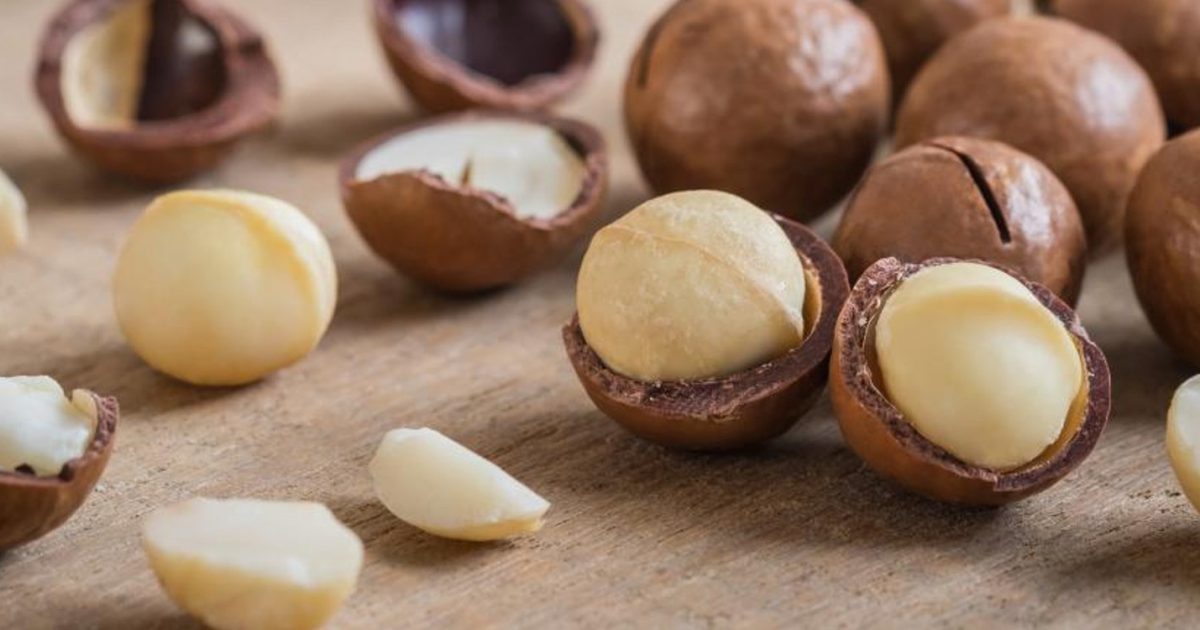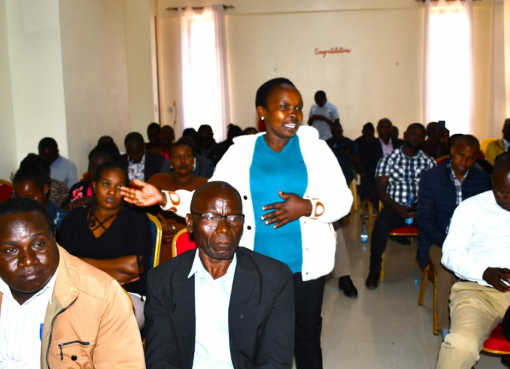East Africa Agric’s Exporters has signed a ten-year renewable contract with Uasin Gishu County to woo 2,000 farmers to embrace macadamia farming through distribution of 140,000 seedlings across the six Sub-counties.
The partnership is aimed at improving macadamia business, by facilitating farmers’ access to the international market, through East Africa Agric’s Exporters, benefiting directly in a bid to eliminate middlemen and post-harvest losses.
The Chief Executive, East Africa Agric’s Exporters, Kyalo Mutua, pointed out that they are targeting farmers with at least an acre that will accommodate 70 seedlings of macadamia, of which they are offering to farmers at a subsidized cost of Sh 400 per seedlings and also a beehive at a cost of 5,500 for pollination purposes.
“Since 2017, we have been supporting a newly certified organic project, for certified organic macadamia nuts. This process encompasses everything from the introduction of organic certification, to the global distribution of the products,” said Mutua.
He reiterated that the robust engagement with farmers will enable them to create a new sustainable market system around the nuts, from cultivating them to processing and exporting and this will uplift the farmer’s living standard, to benefitting directly from the readily available international markets.
Mutua added that embracing organic technology will ensure farmers are more resilient in the face of more extreme weather associated with climate change. They use mulch which insulates the soil, keeps weeds at bay, and protects the plants against extreme temperatures.
“We are currently at the developing stage of macadamia production in Uasin Gishu and soon we will establish a value addition centre that will further boost the income of the farmers.
An acre of macadamia fetches Sh 1.1 million to Sh 1.2 million,” Mutua said.
County Director of Agriculture, Mr. Reuben Seroney, indicated that the East Africa Agric’s Exporters has an interest in exporting Avocado and macadamia, but they have prioritized macadamia because of the market demand and good prices in the international markets.
“Currently they have started with 2,000 farmers and have already started training our farmers on the entire value chain from production to selling. Those farmers who have already undertaken production can still sell their produce to East Africa Agric’s Exporters,” he said.
He expressed that they have already started the sensitization program through Sub-county agricultural officers and the tentative link is aimed at realizing mass production of macadamia that will improve on their income away from the normal maize and wheat production that fetches low income.
“They are planning to bring on board the micro-financing aspect, which will give farmers loans in buying necessary farm inputs and this will help them go a long way in making this project a success. The ready market will sum up as a boost for farmers to embrace high value crops that will improve their financial stability,” said Seroney.
“Our farmers entirely depend on agriculture, either directly or indirectly. About 80 per cent are under the mercy of agricultural production, weather has posed a great challenge and spreading the risks. Diversification will enable them to benefit from some crops and not losing the entire harvest,” said Seroney.
The County has so far distributed 8,000 macadamia seedlings in the last Financial Year and 25,000 seedlings since 2016 under the diversification program of promotional crops.
The call to embrace diversification is aimed at enabling farmers to reduce the risks and encourage high income that will eventually uplift their living standards.
The County is looking forward to registering a cooperative, that will be advocating for farmers and giving them bargaining powers in the international markets. The diversification program is in line with the President’s ‘Big Four’ Agenda.
Macadamia is a lucrative investment in the international market because of high demands in the market. Previously a kilogram of macadamia was sold at Sh. 90 but now it is sold at Sh 250 per kilogram, making it a money tapping investment.
By Hassan Adan Ali and May Kimeu





